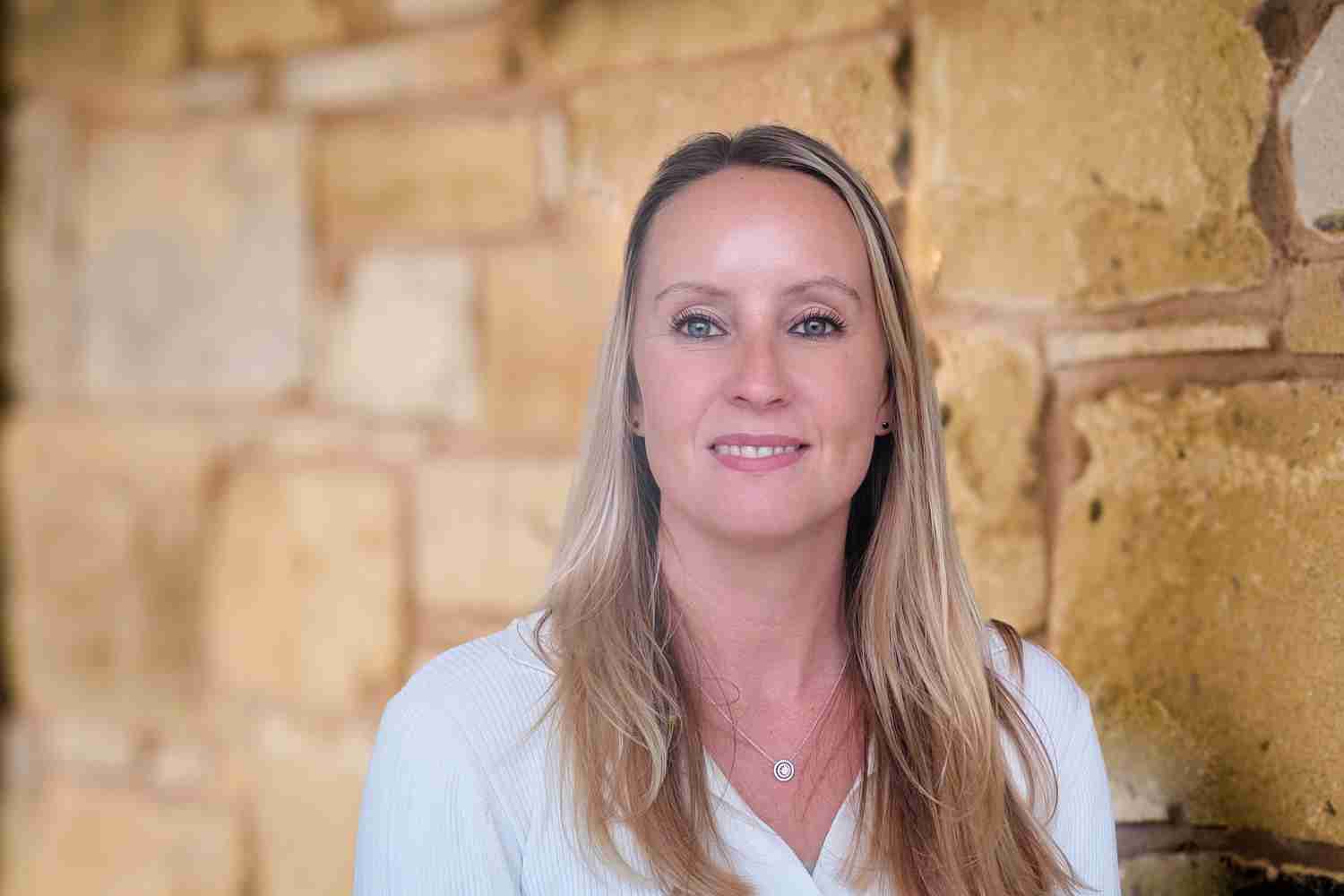By Alison Whatnall – Co-Founder and Chief Operating Officer of global wealth manager GSB
Since 2006, firms accredited with B Corp,™ status meet high standards of social and environmental performance, accountability to all stakeholders (not just shareholders or owners), and transparency in a bid to change the corporate world.
There are currently over 6,000 certified B Corporations,™ in more than 80 countries and over 150 industries – with just over 650 financial services firms accredited. Obtaining a B Corp status is not an easy feat.
With Financial Services firms under greater scrutiny, many wealth and investment firms are declaring their passion for improving the bringing benefit not just to shareholders, but all business stakeholders — workers, customers, communities, and the environment.
Attaining B Corp,™ status is a powerful tool for companies in the financial sector – and can enhance a company’s reputation and credibility.
Business growth
B Corp,™ certification signals a strong commitment to social and environmental responsibility, and a high level of corporate governance which can lead to opportunities for partnerships with other B Corps and like-minded organisations, fostering a network of businesses committed to the highest of standards.
Moreover, B Corp,™ status can improve employee satisfaction and retention, as staff members should feel proud of working for a company that prioritises profit alongside doing good for society and the environment. This positive workplace culture can lead to better productivity and innovation.
In an industry where trust and integrity are paramount, B Corp,™ certification provides a robust framework for ethical business conduct.
Clients and image
As clients take greater interest with whom they do business – a B Corp,™ certification is a clear indication that the firm adheres to rigorous standards of social and environmental performance, accountability, and transparency.
This commitment can be particularly appealing to clients who are concerned about the impact of their investments and want to ensure their money is supporting responsible businesses.
Moreover, as more clients seek to align their personal values with their financial choices, B Corp,™ status can attract a growing demographic of socially conscious investors. This not only helps retain existing clients but also attracts new ones who prioritise ethical considerations in their financial decisions.
The certification also offers a level of protection and accountability, as B Corps are required to meet and maintain high standards, providing an extra layer of trust for clients. The B Corp,™ certification is recognised across sectors as a mark of high ethical standards, appealing to a broad audience who value corporate responsibility.
Ultimately, a B Corp,™ certified financial services organisation can enhance a its reputation and brand image, making it more appealing to consumers who may not directly interact with the sector but appreciate the commitment to social and environmental responsibility.
This broader appeal can also lead to increased media coverage and positive public relations, further boosting the company’s profile.
Competitors
The financial services sector is a crowded one. Achieving a B Corp,™ provides a tangible demonstration of a company’s dedication to higher standards of accountability and transparency, making it stand out from the crowd.
It can also lead to better business practices, as the rigorous standards encourage continuous improvement and innovation. This can result in more efficient operations and higher-quality services, further setting the company apart from competitors.
Furthermore, as regulatory oversight increases and stakeholders demand more from businesses, having a B Corp,™ status can provide a competitive advantage by positioning the company as a leader in responsible business practices, ultimately driving long-term success and resilience.
Accreditation
While not every company in the financial services world will become a B Corp,™, the trend towards sustainability and ethical business practices is growing. However, achieving B Corp,™ certification is challenging, requiring companies to meet rigorous standards and undergo a thorough assessment process.
Firms may struggle with the comprehensive requirements needed to achieve certification. These include meeting exacting standards in areas such as governance, worker treatment, environmental impact, and community involvement. Not only do companies undergo a detailed assessment but also, they must be willing to make significant changes to their business practices.
Despite these challenges, qualifying as a B Corp,™ can drive meaningful improvements in business operations and create lasting positive impacts on society and the environment.
Rationale
Firms considering B Corp,™ certification need to think about their overall mission and values, ensuring they align with the principles of social and environmental responsibility. This requires corporate soul searching of their current practices and the willingness to improve.
Key considerations include developing sustainable business practices, enhancing transparency, and fostering a positive impact on all stakeholders, including employees, clients, and the community.
Once achieved, organisations commit to ongoing scrutiny to maintain their B Corp,™ status.
By carefully considering these factors and committing to continuous improvement, firms can successfully navigate the path to becoming a B Corp,™, reaping the benefits of enhanced reputation and long-term sustainability.

















